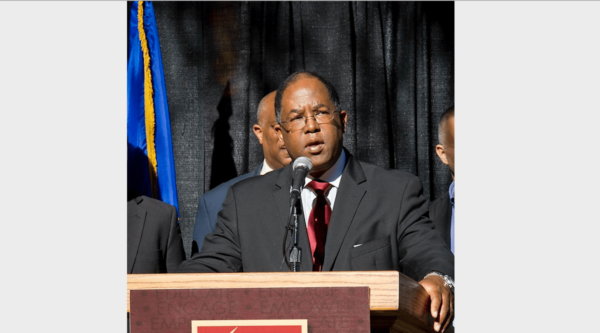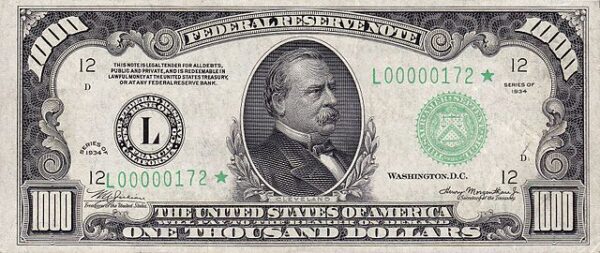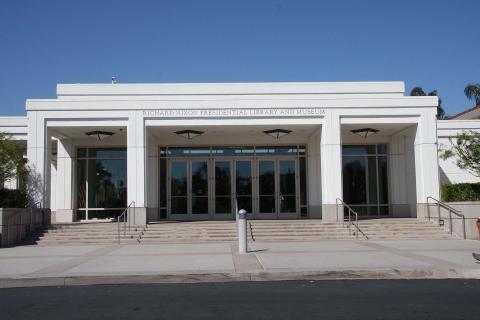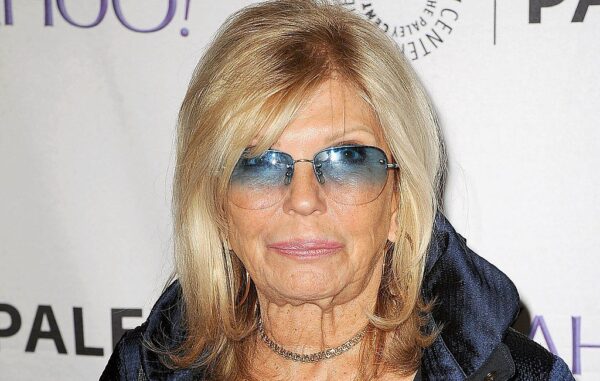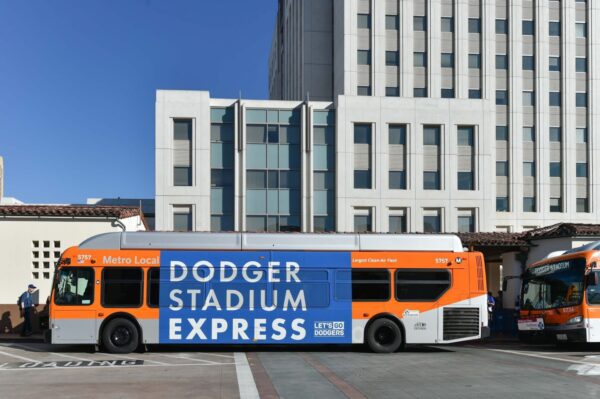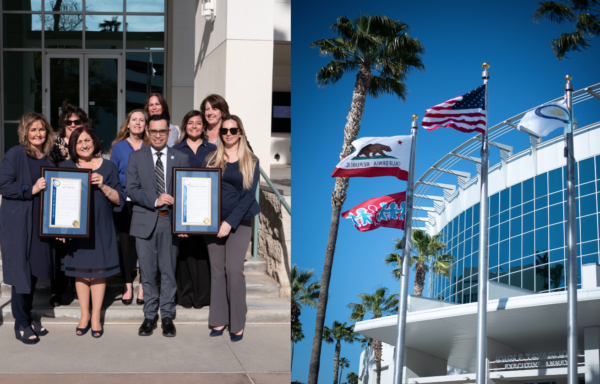By Fred Shuster
Jurors in the trial of suspended Los Angeles City Councilman Mark Ridley-Thomas, who faces a slate of federal charges, concluded a long day of deliberations Wednesday without reaching a verdict, but they submitted another question for the judge to answer Thursday.
In a series of notes sent to U.S. District Judge Dale Fischer during deliberations, the panel expressed confusion over the elements and definition of bribery charges alleged by prosecutors to be at the heart of the complex case.
Jurors also questioned whether taking “an official action where one of the motives is to influence county business” is unlawful. As an answer to several queries, the judge told panelists to simply “refer back to the jury instructions previously given.”
At about 4:30 p.m. Wednesday, the panel sent a note to the judge asking for more information about the components of the honest services fraud charge, of which Ridley-Thomas is facing more than a dozen counts. The judge asked attorneys on both sides to fashion a response to be discussed and delivered Thursday morning when the jury returns to resume deliberating.
The jury has sent 11 notes to the judge since starting deliberations Friday.
It seems that not even Fischer wanted to try to divine which way the panel is leaning based on the questions. At one point in a previous session — out of the presence of the jury — she said she had given up trying to predict what the questions suggest about those asking.
On Wednesday, the panel deliberated until 4:30 p.m., two hours beyond its usual stop time, possibly hinting that a verdict might be near. But the panel still left for the day without a verdict.
Before the crowd of trial-watchers — consisting mostly of Ridley- Thomas supporters — entered the courtroom late Friday to hear the jury’s latest question, the defendant thanked those who have remained at the courthouse throughout the jury’s discussions.
Ridley-Thomas, 68, of South Los Angeles, faces federal counts of conspiracy and bribery, and multiple counts of honest services mail and wire fraud. If convicted as charged, he face years behind bars. He did not testify in his own defense.
Although prosecutors alleged that the longtime local politician, while serving as a county supervisor, “put his hand out” and accepted perks from USC to benefit his son, Sebastian, the defense put up an equally strong attack, suggesting to the jury that there was enough reasonable doubt to acquit.
Federal prosecutors based their case on a long string of emails and letters to bolster allegations that then-County Supervisor Ridley-Thomas and the former dean of the USC School of Social Work, Marilyn Flynn, had a quid pro quo arrangement during 2017 and 2018 in which the then-dean arranged for Sebastian’s admission to USC, a full-tuition scholarship and a paid professorship in exchange for his father’s support for county proposals that would ostensibly shore up the school’s shoddy financial picture and save Flynn’s job.
However, defense attorney Daralyn Durie countered that nothing Ridley-Thomas did was illegal, and a series of defense witnesses contended that the “paper trail” was not what it seemed.
Although the government argued that Ridley-Thomas accepted help for Sebastian in exchange for his support of USC contracts, including a Telehealth programs, that would’ve helped Flynn’s school financially, Durie said the then- supervisor had already been in support of the proposals, so he could not have been bribed.
As for the contention that Ridley-Thomas participated in a secret scheme whereby Flynn funneled $100,000 “seed money” from the politician’s campaign fund through the school to the Policy, Research & Practice Initiative, a nonprofit operated by his son who had recently stepped down from the California Assembly, Durie argued that nothing the politician did was illegal.
Ridley-Thomas’ support of the contracts that prosecutors claim would’ve helped remedy the troubled financial situation at Flynn’s school, had nothing to do with his son’s ambitions at USC, the defense attorney told jurors in her closing argument.
Durie also alleged that one of the contracts amounted to less than $500,000 over five years — an amount so low it would not have helped remedy the financial problems at Flynn’s school.
Assistant U.S. Attorney Michael Morse told the panel, however, that Ridley-Thomas made the alleged exchange to benefit his son, who had resigned from the Assembly amid an internal sexual harassment probe that was about to go public at the peak of the #MeToo movement.
However, defense witnesses maintained that Sebastian suffered from a series of significant health issues that caused him to resign and look for other work.
At the conclusion of her two-hour closing argument Thursday, Durie asked the jury to acquit the defendant, and “return this man to his home and his work and his community.”
According to the indictment, Sebastian became a professor of social work and public policy at USC — despite lacking a graduate degree — thanks to his father’s allegedly unlawful dealings. He was later terminated over questions about his original appointment and concerns by the university over the $100,000 donation. He also obtained a full-tuition scholarship and graduate school admission, court papers show.
Flynn, 84, of Los Feliz, pleaded guilty in September to one count of bribery, admitting that she agreed to disguise and funnel $100,000 from the then-supervisor to USC, then to United Ways of California, which ultimately passed the money on to Sebastian’s nonprofit. The longtime dean of the USC School of Social Work, who departed in 2018, is scheduled to be sentenced June 26.
Jurors were not told that Flynn pleaded guilty in the case, and her plea agreement did not require her to testify at the Ridley-Thomas trial.
Ridley-Thomas is a giant figure in local politics, previously serving on the Los Angeles City Council from 1991-2002, then serving in the state Assembly and state Senate before he was elected to the powerful county Board of Supervisors in 2008, serving until 2020, when he returned to the City Council.
He has a doctorate in social ethics from USC and spent 10 years as executive director of the Southern Christian Leadership Conference of Greater Los Angeles, beginning in 1981.
He was suspended from the City Council following the October 2021 federal indictment that also named Flynn as co-defendant.

